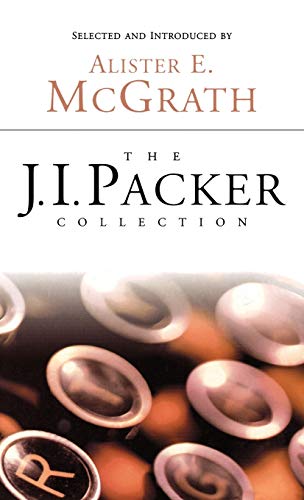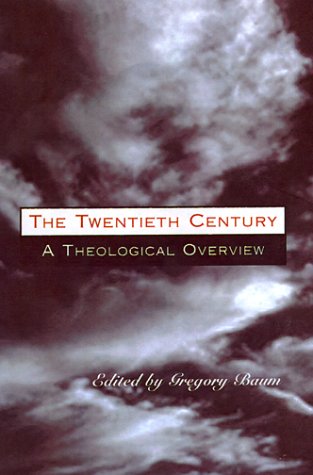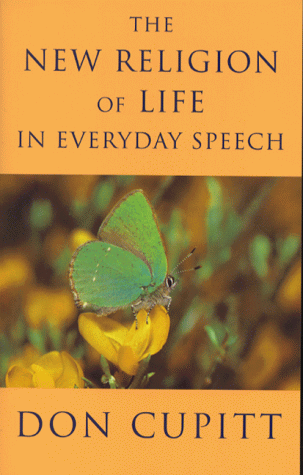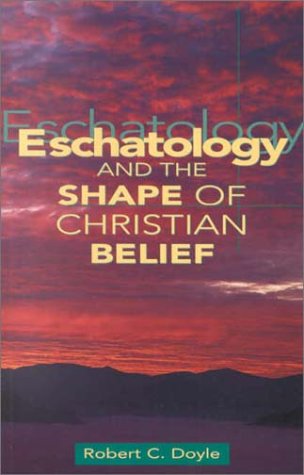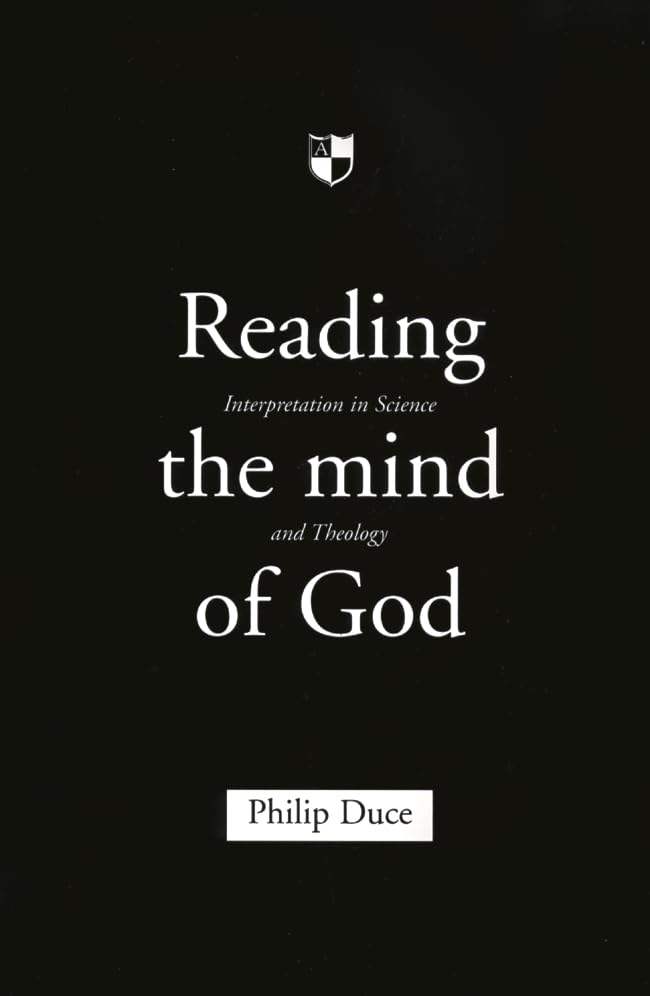Volume 26 - Issue 1
Interview With Professor Howard Marshall
By Carl TruemanHoward Marshall is Professor of New Testament in the Faculty of Divinity at Kings College, Aberdeen in this piece he talks to Carl Trueman the Editor of Themelios about his life and faith.
CT Howard, I wonder if you could start by telling us how and when you became a Christian.
IHM It sounds like one of those traditional Christian testimonies which begin, ‘I was brought up in a Christian home’. People usually go on to say. “But that didn’t make me a Christian’, but I think in my case it probably did because it was largely due to the influence of my home and the churches to which my family took me that I became a Christian. I was, as it were, brought up with the Christian faith. Around about the age of 12 we moved to Aberdeen and I was taken to one or two evangelistic meetings of the sort where people had to stand up or come forward or do something to show that they were making a profession of faith, and I knew that you ought to make a public profession of your faith to be really a Christian. I did so at a meeting with Alan Redpath as a speaker in 1946, and that I think took away the doubts I had as to whether I really was a Christian or not, and I have continued carrying on ever since.
CT So you were a Christian for as long really as you can remember, but when and why did you feel the call to evangelical scholarship?
IHM I think I began to feel it while I was still at school. In the third year of the senior school the option arose of taking Greek as a subject, and I did so knowing that this would enable me to read the New Testament in the original Greek. I think from then onwards the conviction gradually grew that this was what I ought to be doing with my life and this led to me choosing to do classics at university rather than mathematics which was what I would have done if I had been left to my own devices. So it grew up gradually, and I think I felt a call to be a scholar or teacher, rather than being a minister.
CT Would you see then the world of academic scholarship as one avenue of service to the church?
IHM Yes certainly. For many people it is not such a thing, it is something done for its own sake. But I like to repeat the saying I heard from David Hubbard from Fuller Seminary a year or two back when he commented, ‘We are not scholars who happen to be disciples, we are disciples who happen to be scholars’. I think that is the way round it has got to be. So the person who is doing biblical study and teaching is certainly there ultimately to serve the church even if they are serving in a secular institution such as I am and primarily teaching and writing as an academic discipline.
CT This of course points towards the old issue of how one relates head and heart. I wonder if you wouldn’t mind telling us how you have integrated your own life as a scholar with you own life both as a Christian believer and also as someone who is recognised as a significant figure.
IHM I am not sure how far I have integrated these things successfully. I have never really felt any conflict between being a Christian and being a student of the Bible, particularly of the New Testament. There have certainly been problems and struggles for faith when the conclusions of scholarship which you are being taught, or are up against seem to go against Christian faith or the particular version of it that I hold. I think my stubbornness and sheer conservatism, as a psychological quality, has often kept me going when otherwise I might have wandered around a bit. I think it is important to be in a good Christian fellowship to have support from it and to be occupied in Christian work of one kind or another, and if possible to try and relate your studies to your practical Christian work. This is easier said than done. It is very difficult I should imagine to be lost in textual criticism, and to somehow make that part of your Christian witness. But there are other areas where one can do it successfully.
CT Could you give any practical examples of how you aimed for this integration, even if you haven’t always achieved it in the manner in which you have tried?
IHM I think it has been useful to be involved in Christian work with students whom one is teaching. There were a number of years for example when we did a mission with students in our divinity department in Aberdeen and I think that was a good experience. I have also tried to write on a level that would be helpful to people in the church; sometimes one has to write things on an academic level and that is what counts in the Research Assessment Exercise (RAE), but at the same time it seems to me that those of us who are Christians studying the Bible have a very strong responsibility towards the church to produce what will be helpful particularly to preachers, and also to the church generally.
CT Do you have any regrets, anything that perhaps you did wrong, or when you got the balance wrong, that you feel able to share with us.
IHM It’s hard to say. I think looking back I would like to have done more to bring together the academic study of the New Testament and the problems of expounding Scripture and using it in the church. I feel this particularly in teaching where it has been very much living in the first century and not doing sufficient to transfer, ‘now what does this mean for the 20th century?’, ‘how do you preach about it?’, ‘how do you bring out its relevance for today?’ To say that is the job of the practical theologians is really ducking the issue. But the trouble is that time has so often prevented one doing justice to both sides of the task, let alone to one side of it, so I have had to be content very often with saying, ‘here is the foundation, now see how you build on it.’
CT If we could move on, many of us younger folk have read books by Oliver Barclay and John Wenham, insiders’ accounts of the changes within scholarship, particularly evangelical scholarship, since the war. You yourself have actually been an insider involved in many of the events recounted in these narratives. It’s quite clear that major changes have taken place. I wonder if you would like to give us your opinion on the changes that have happened, the good ones, the bad ones, and changes that are neither good nor bad but merely changes.
IHM So far as biblical scholarship is concerned I think we have seen over the last 40 years or more the development of a respected evangelical scholarship which has been able to show that the evangelical faith is compatible with taking a scholarly approach to the understanding of Scripture and of theology. We can see this in the number of people now teaching in universities and colleges in this country and elsewhere, we see it in the number of books being produced. The situation with books is so very different from what it was when I was a student, when there was so little help on many areas. Some of the books were frankly poor. Now we have seen a tremendous growth in the number of books and textbooks and other aids to help students, and a lot of this has come from scholars at the more conservative end of the spectrum. We are also seeing that, whereas round about that period many Christians of evangelical persuasion didn’t think scholarship was necessary and could be ignored and carried on without it, we now have the recognition on all sides that we must present our faith in a way which is intellectually rigorous and intellectually compelling. That doesn’t mean to say that we have all the answers or solved all the problems, or have any reason to feel proud of ourselves.
Along with that I suppose is the way in which evangelical scholars have on the one hand come to be more respected by other scholars because their work is able to stand up for itself, and on the other hand I think evangelical scholars and evangelicals generally have been more willing to recognise the good and value in the works of people with whom they may differ. There has consequently been a greater toleration by both sides, improved relationships and a much better sense of working together, which I think can only be for the good of the subject and for the good of the Christian church. This may mean that evangelicals today may be ‘broader’ on some issues than people were 40, 50, or 100 years ago, but I think that in the past people tended to ignore what was going on, and sometimes take up positions that really were not terribly defensible. I remember thinking in my teens that it was ludicrous to believe that the gospel writers used written sources, for example. I used to turn up my nose at studies of the synoptic problem. With age I think one learns sense and begins to realise that this sort of anti-intellectual approach really was unsound and wasn’t appropriate for Christians who were meant to use their minds.
CT That’s very interesting Howard. I wonder if I could just raise one other question about that, and that’s the problem of fragmentation. We all know that in universities these days disciplines are breaking down into smaller and smaller sub-disciplines to the extent that theologians find it difficult to dialogue with biblical scholars, and even within biblical scholarship you have those who specialise in Paul, those who specialise in the Gospels. I wonder if you would just like to say a few words about what you think the major challenge of fragmentation is to scholarship and how evangelical scholarship can best respond to this.
IHM I think the problem is caused by the explosion of knowledge in biblical studies, as in everything else. It means that it is very difficult indeed for one person to be competent in several fields, let alone in one, and they all tend to specialise within areas. I was fortunate in that when I took the Cambridge examinations in theology we had two papers in which we were expected to cover the whole of the New Testament in Greek, and I have ever since been profoundly grateful for a course which made me read and study the whole of the New Testament, and not just little snippets and bits of it. It is extremely difficult now for anyone to keep up with the sheer volume of literature that is being produced. I would love to see a moratorium on publication of all books, except of course my own, for the next ten years, to give me time to catch up with all that I haven’t read! I’m rather regarding my commencing my retirement as an occasion to catch up on all the things I haven’t done in the past. So it is very much a practical problem, and yet there needs to be some answer to it, because we cannot go on with people working in one area and not knowing what is going on in others.
Maybe we need to have people who are prepared to be in the old-fashioned sense of the term, scholars, rather than researchers. I think that there is a clear distinction between the scholar who is able to have a rounded knowledge which embraces many fields and to see how they are related to one another and the person who knows more and more about a smaller area and never gets out of it. We certainly need systematic theology to be informed by biblical studies and we need biblical study to work within the context of systematic theology and also the relation within the Bible between the Old and New Testaments which are so often now studied apart from each other and it is very rare to find somebody who is expert on both sides. So there is no simple answer to this one that I can see, just that it is a matter of regret that there is now so much knowledge that very few people are capable of keeping up with it. It raises the danger that the only people that are going to cope with this are those with super minds able to read extremely fast, remember what they read, and absorb vast amounts of information. That’s not what most of us can do; we have to work on a much more humble sort of level.
CT Moving on from that, you have talked a little bit about the past and about the present, what do you think are the major challenges looming up for the church as a whole and for evangelical scholars in particular?
IHM For the church as a whole the major problem we face is the decline of Christendom in the Western world where it is very much now a minority grouping and where it will not necessarily die out completely, but is becoming increasingly weak, and somehow we have got to face up to this issue in the church and seek a new vision and a new power and new methods to cope with this decline. So mission and evangelism remain the challenge that we have to face as we go into the new millennium. I think a part of the problem is the church at large has spent the last 40 or 50 years talking and talking and talking about unity and getting nowhere very fast, whereas I have come to believe increasingly that the way to church unity is by working together in mission. I believe that we should be missioning towards unity rather than talking about having one church united for mission. We will never reach it by that particular route. There are also of course the issues to be faced of the way in which we can learn from the wider world where Christianity seems to be on the increase, and we need to be asking ourselves why it is that the church is declining here and what other strategies we should put into action. I believe very much that the church does nothing because it doesn’t try to do anything. We ought to be making plans, having vision for the future, checking up to see what we have done, and setting ourselves goals that can be achieved. I think in this way we may do something to arrest the spiritual decline.
So far as the task of scholarship is concerned, although I have said earlier that evangelical scholarship has developed and is respected now much more in the world, it has to be remembered that what we may call ‘radical’ scholarship, questioning much of the truth of Scripture, whether as history or theology, is still very much on the go, is very strong, and in many ways takes positions far more extreme than anything that was around in the past. So the problem of defending the faith must still go on. We cannot assume that we have arrived, and think that we have solved all the problems and have all the answers. We most certainly haven’t. One thing that I think we need to be doing much more is on a different level, asking ourselves what are the principles by which we expound Scripture for today as opposed to simply doing exegesis of it as it was in the past. How do we make the step from the ancient text to the modern world. I don’t think as of yet we have worked out what I may call biblical principles for doing this that may help people. I am not suggesting that there will be methods to follow, scientific procedures, lists of rules which if you follow them will produce the answer, but I think we have got to wrestle with this question to see how we can produce a defensible means of expounding Scripture for the world in which we live. If we as evangelicals believe that Scripture has a message for today, then the responsibility is all the more upon us to get on and do it.
CT Thanks very much for that. I wonder if we could close just by asking what is the one piece of advice you would give to the young student or young scholar who is considering evangelical scholarship of theological study as an avenue of Christian service.
IHM I think one thing I would say on the academic level is that you need to become as much as possible the master or mistress of the sources. If I had my time again, I think I would do much more by way of studying the background to the New Testament, because it is so often out of this that fresh light comes. There is now such a vast amount of material to be read and used that this is a very large task indeed, but somehow we must cope with getting to know the sources, the background, the Old Testament, Judaism, Graeco-Roman world within New Testament scholarship, to get to know these things as well as we possibly can.
The other thing that I would say is that one always has to remember that people who disagree with you may be wrong, even if you can’t immediately know how to refute them. That has kept me going an awful lot, understood in the right way, not in terms of intellectual pride or thinking that you are better than anyone else, but somehow knowing in your heart that a position can’t be right and therefore not acquiescing in whatever everyone else says but being prepared to stick out and be different. Always doing so in a responsible kind of way and not just being a maverick.
CT Many thanks Howard, and thank you on behalf of the readers of Themelios both for giving up the time to speak to us today and the work that you have put in over the past decades which have created a space for a journal like Themelios. Thanks very much.
Carl Trueman
Carl Trueman is Professor of Biblical and Religious Studies at Grove City College in Grove City, Pennsylvania.


